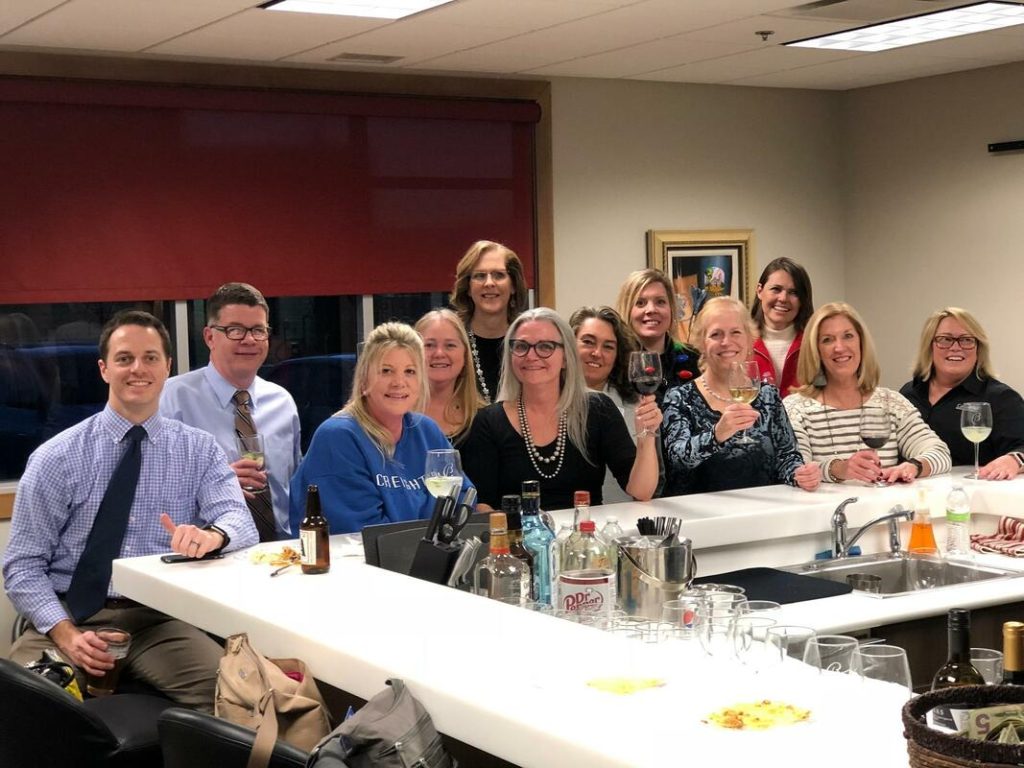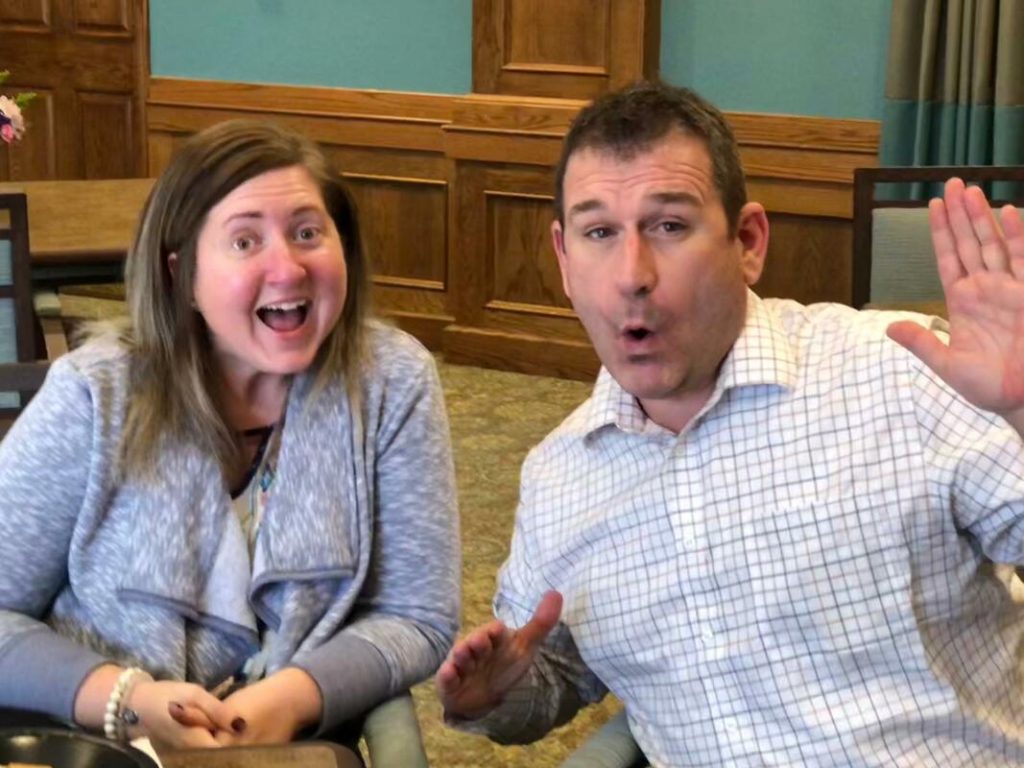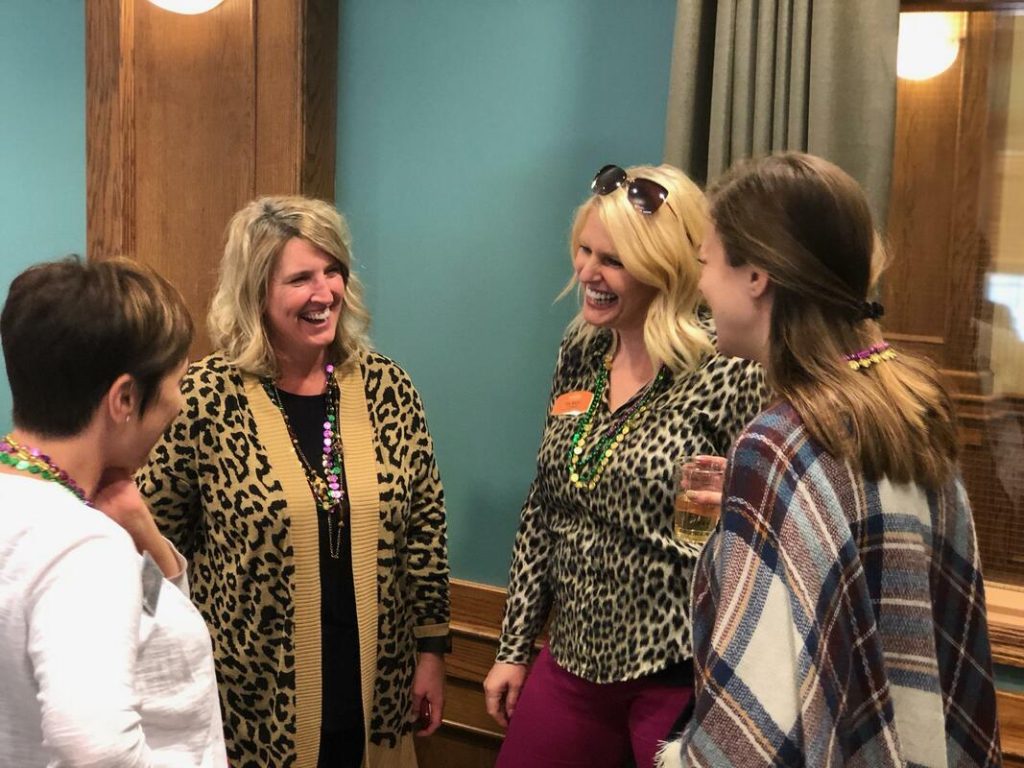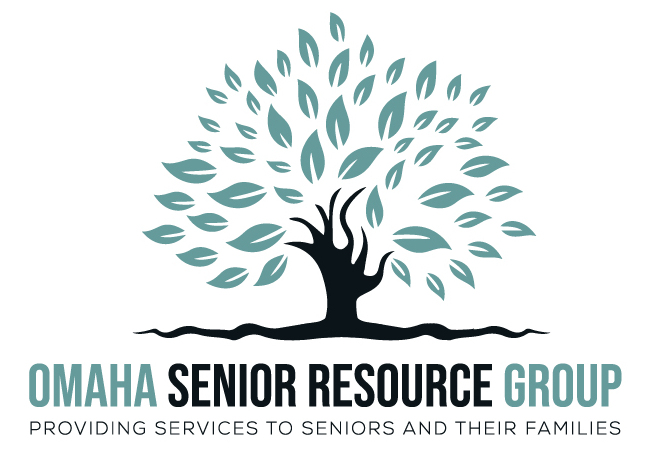Reducing the Risk of Falling

A huge step is making sure your home is safe. Follow up a free screening that gives general information about reducing fall risks in your home with a professional assessment and treatment plan. We are fortunate that in Omaha, our Fire Department participates in the Remembering When Program. A fireman will come to your home and help you do a screening as a public service. You see, the fire department knows that some simple solutions can reduce the likelihood that you will be needing their services to carry you to the hospital after a fall. The next step is an in-depth and customized home safety assessment and analysis of your fall risk by an Occupational Therapist. Did you know that this is usually covered by insurance if your Physician thinks you may have a fall risk? Research shows that understanding what a person’s particular risk is and either helping them develop skills to reduce that risk or making what are often simple changes in the environment to compensate for a person’s disability to reduce the risk of falling. A skilled therapist will be able to see things about your abilities and your environment that you might not be aware of since fall risk increases gradually over the years for most people. Key Complete Therapies provides outpatient services, like home safety evaluations, in the convenience of your home.
What Can You Do to Prevent Falls?

The first step is to work up the courage to think about falling and to look at your own risks and those of people you love. We know that even though one out of every four older Americans fall, only about half of those falls are reported to their doctors so that people can start to do something about the underlying causes of the fall. People who fall aren’t the only ones who hesitate to talk about falls. Many times we see people we know who seem to be at risk, but we don’t say anything because we don’t want to embarrass them, hurt their feelings, or get into an argument. Some people even still believe that falling is a natural part of aging so that there is nothing that can be done. Falling is not normal. Many, many falls are entirely preventable, but only if we do something to reduce the risks not only for ourselves, but for people we know who are at risk. When therapists from Key Complete Therapies see a person in the home to help identify the underlying cause of balance issues and falling, our goal is to help a person live as safely as possible where ever they choose to live. Don’t be afraid of talking about falls. That is often the first step toward a healthier, longer, happier life. Talk to your family and friends about falling. No one really wants to start the conversation, but no one wants to fall either.
What Your Parents Should Know About Senior Falls and Some Precautions They Can Take

The Centers for Disease Control estimates that one in five senior falls can lead to broken hips, broken bones, and even traumatic brain injury. As a caregiver, how much should you worry about elderly care and keeping your elderly loved ones from a fall? How much do they know and are they taking the right precautions? How do you begin a conversation with them about how to remain safe without giving up too much of their independence? And just because you start the conversation, it doesn’t mean that your elderly loved one will listen to or like your suggestions. The key is to start the conversation and continue it until they have a good understanding of the dangers they could face. Here are some areas that you can focus on to keep the conversation going: Be Sensitive to How They Handle Information. Aging is not easy for most seniors, and there are a lot of emotions that go with it. Keep in mind that they are changing almost daily, in physical and emotional ways and that will affect their confidence or self-worth, which may be decreased more with feelings of loss of independence. It may be a difficult conversation from both sides, yours and theirs. Go slow. Do Proper Investigation. The more facts and statistics about senior falls you have to take to the conversation, the easier it may be to discuss, as they would feel you’re not simply singling them out. For elderly seniors, they may not feel so stubborn to listen to the information if they know they are part of a large group of seniors with that experience. When they hear that one out of every three Americans over the age of 65 experiences a fall each year, they realize that they might be more at risk than they thought. Facts and figures may be your friend! Use A Fall Risk Assessment Tool. “I only fell once, and it was a fluke!” If this sounds you’re your elderly loved one, they may need a little help to understand the dangers. A fall risk assessment tool is an excellent way for them to gauge their actual risk level when it comes to senior falls and could provide the information they require to decide on a fall prevention plan. Many websites offer these tools to gauge their risks of falling and match them with the best tools for alerting help based on their lifestyle. Finances. The reality is that senior falls contribute to billions of dollars in healthcare bills each year. Yes, billions! Many of the expenses are incurred each year by using ambulances, ER visits, extended hospital stays, surgeries and then rehabilitation or home care after a fall. Personal insurance will cover part of it but may not cover everything. Your discussion must also talk about how they plan to pay for a fall if it does happen. Being honest about the possible expenses will help them come around and put together a fall prevention plan that works for them. What you’re trying to do and build your elderly loved ones a safety net, so that if they fall in the bathroom or while you are not with them, they know immediately what they need to do and which course of action to take. A medical alert system is the most effective safety net you can provide for your loved one. It will keep them connected to an emergency operator 24/7, so that no matter when they fall, they’ll have speedy access to help. Medical alarms provide peace of mind for the individual and their family. With a medical alert system an older adult can summon help at any time. The button worn by the older adult is waterproof and can be worn when bathing. It is small and light weight and easy to wear. In-home systems use either a land line or cellular phone to connect to our monitoring center. A medical alert device is a great first step in elderly fall prevention. As a family caregiver, taking more precautions can mean making modifications to their home, implementing a new exercise routine or changing their diet, these measures can keep your elderly parent protected. For information about Medial Alert Devices or other services that the OSRG members offer, contact us at 402-934-5500 or email us at info.OSRG@gmail.com.
